The impact of clothing and fast fashion on the environment is significant. The fashion industry might not be a sector you immediately think of, but clothes impact the environment in a big way. Fashion is the world’s second most polluting industry after oil and has a real impact on climate change.
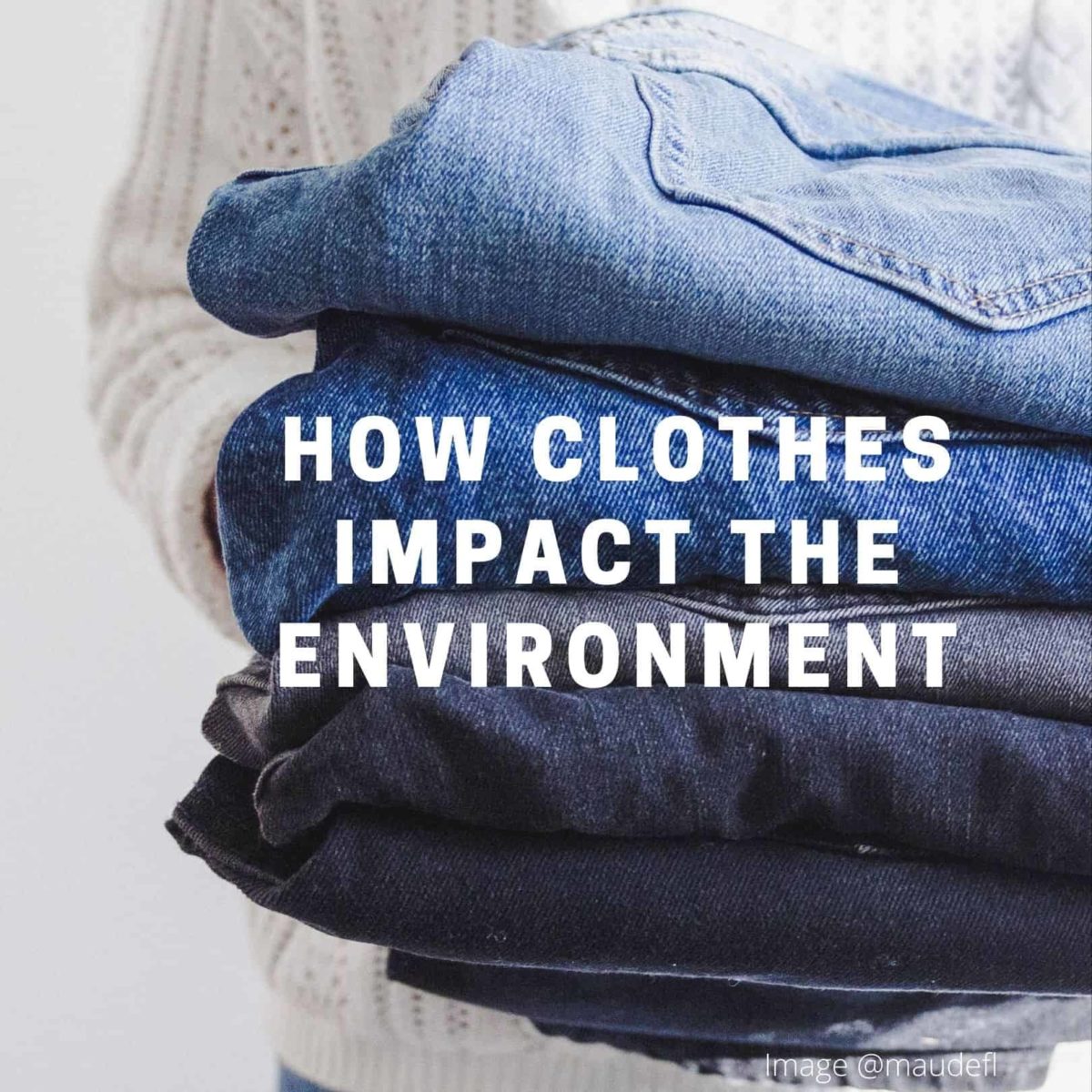
How Clothes are produced
The first way clothes impact the environment, is through how they are produced. The textile industry uses huge amounts of water. This water contaminates, pollutes & poisons the rivers & streams that many people rely upon for drinking water. The cotton plants themselves are heavily treated with fertilizers and the runoff waters from the fields pollute rivers. The textile factories often dump wastewater from the dying processes directly into rivers, which then run into the sea. A massive 90% of the wastewater in developing countries, which is where most of our high street clothes are made, is discharged into rivers, without being treated.
So what can we do? Well firstly, we can consider our purchases very carefully. We can commit to buying fewer new garments, or better still, buying second-hand. A huge amount of valuable resources goes into making every single clothing item. Buying things to wear just once is no longer sustainable. It takes up to 2,108 gallons of water to make just 1 pair of jeans – that’s more water than you would drink in 11.5 years! Buy items that will last. Repair, reuse, and recycle items. Swap, lend, and borrow from your friends rather than buy new ones for a special occasion. Avoid ‘fast fashion, which is cheaply made garments that won’t survive more than a few washes. Upcycling is increasingly popular and a great way to get more use out of items. I've more info and tips on upcycling in this blog post
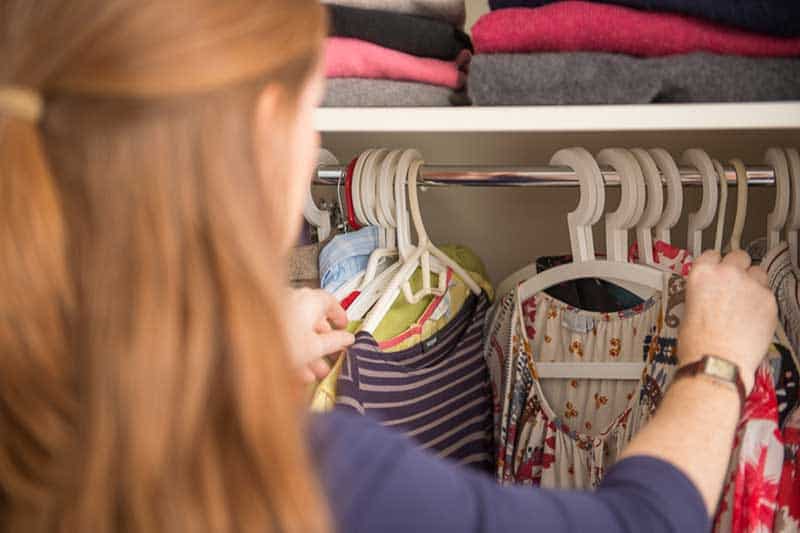
Swishing is a new thing with events being organised all over the country. Swishing is an easy way to update your wardrobe! It’s guilt-free shopping with no cost to your wallet and great for the environment. Swishing works like a giant clothes swap: you bring items you no longer wear and exchange them for something new to you!
How clothes are disposed of
Clothes and textiles should never be put in the landfill bin. Clothes release toxic gases such as carbon dioxide (CO2) and methane when they decompose in landfills, which in turn causes global warming.
Mending and re-purposing clothes are good options for extending their lifespan. Lily Fulops' book Wear, Repair Repurpose has some great suggestions.
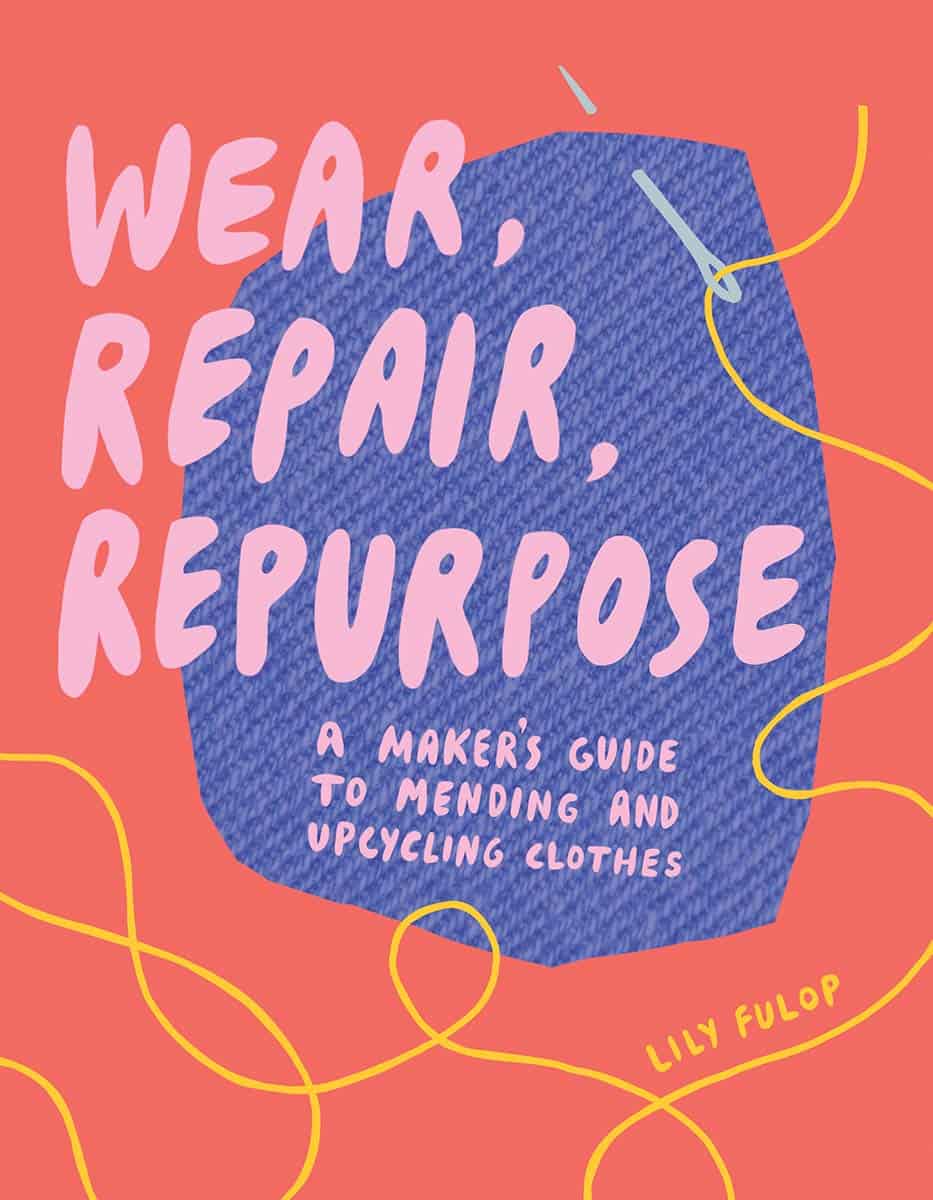
Donating to a local charity shop so they can be sold can also help. If they are beyond use, many charity shops will still take them as they can sell them by weight as textile waste to be recycled. Textile waste can for example be repurposed as insulation.
How we wash them
When we wash garments, especially synthetic ones, thousands of microfibers are released into the water system. These microfibers are then carried to rivers & oceans and ingested by tiny aquatic organisms. They then work their way up the food chain, introducing plastic into the food we eat. A recent study estimated we each eat around 5g or one credit card worth of plastic every single week. (study WWFN 2019)
Reducing the number of times we wash our clothes helps. Yes, clothes need to be washed when they are dirty, but if my household is anything to go by, clothes end up in the laundry basket when all they need is airing on the washing line. A 'Guppy Bag' or 'Guppy Friend' can help capture the microfibers in your washing machine, preventing them from entering the water system. Use as short a wash time as possible. The longer your wash cycle, the more clothing fibers break. Use your washing line rather than a tumble dryer.
Do we need so many clothes?
Most of us could admit to owning too many clothes. Estimates of how much of our wardrobes we actually wear, vary between just 50% & 30%. The average household owns £4,000 worth of clothes! Could you examine your wardrobe today & commit to buying fewer clothes? How about shopping second-hand, borrowing from a friend for that one-off special occasion, or even organising a Swishing event?




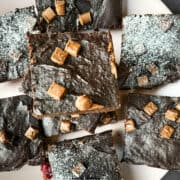










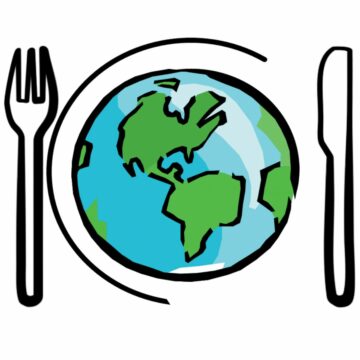


Comments
No Comments